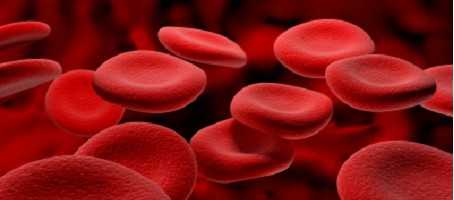A new study by scientists at Imperial College London has uncovered a previously unknown association between obesity and the development of type 2 diabetes.
Obesity has long been established as a major risk factor for type 2 diabetes but the mechanisms by which it leads to diabetes are not yet fully understood.
Now researchers at Imperial College London say they have discovered a new mechanism, which could lead to the development of novel diabetes therapies or existing treatments being improved.
Their study, published in Journal of Clinical Investigatio, established a new connection between high body mass index (BMI) and reduced insulin production in the pancreas. This was done by exposing donor samples to doses of incretins, peptides which in their natural state help increase the body’s insulin levels after meals.
They found that in samples donated by patients with a normal BMI, this exposure resulted in an unexpected boost in insulin production by pancreatic beta cells. However, in samples taken from patients with high BMI, this so-called “incretin effect” was disrupted.
“The disruption of the incretin effect in patients with higher BMI may help explain the connection between obesity and type 2 diabetes,” Dr David Hodso, one of the study’s lead authors, said.
“The hope is that with further research new treatments can be developed that specifically target this new mechanism to restore insulin levels within the body.”
Professor Guy Rutter, another of the lead authors from Imperial’s Department of Medicine, added: “We’ve been able to show that the ‘cooperativity’ between beta cells is a little like that between musicians in an orchestra: in this case, incretin acts like a conductor, improving insulin secretion by preventing players being out of time with each other.
“By showing here that high levels of fat target this dynamic, resulting in chaos, we hope to be able to improve existing diabetes therapies and eventually lower the burden of this disease.”
What's new on the forum? ⭐️
Get our free newsletters
Stay up to date with the latest news, research and breakthroughs.






